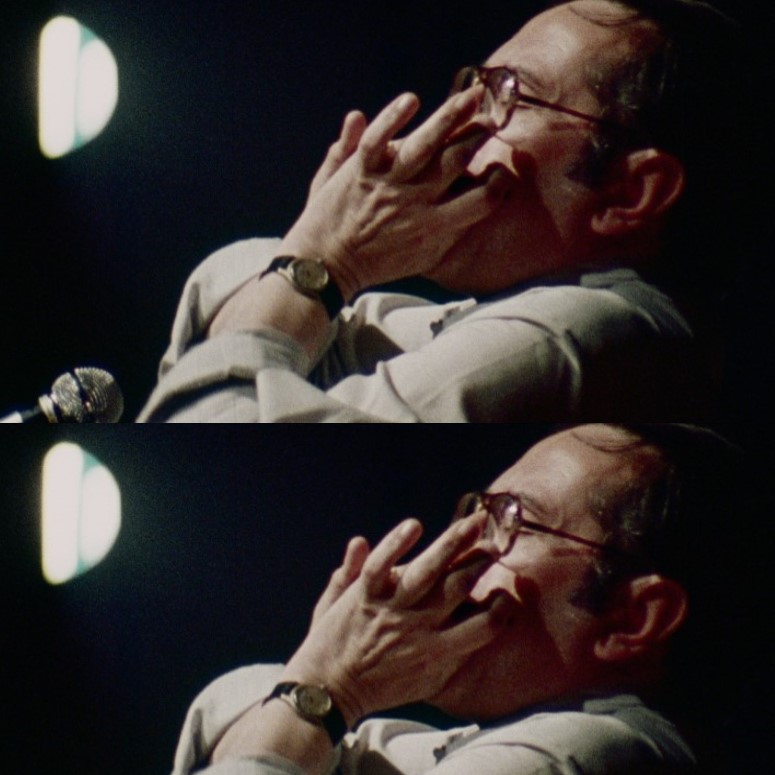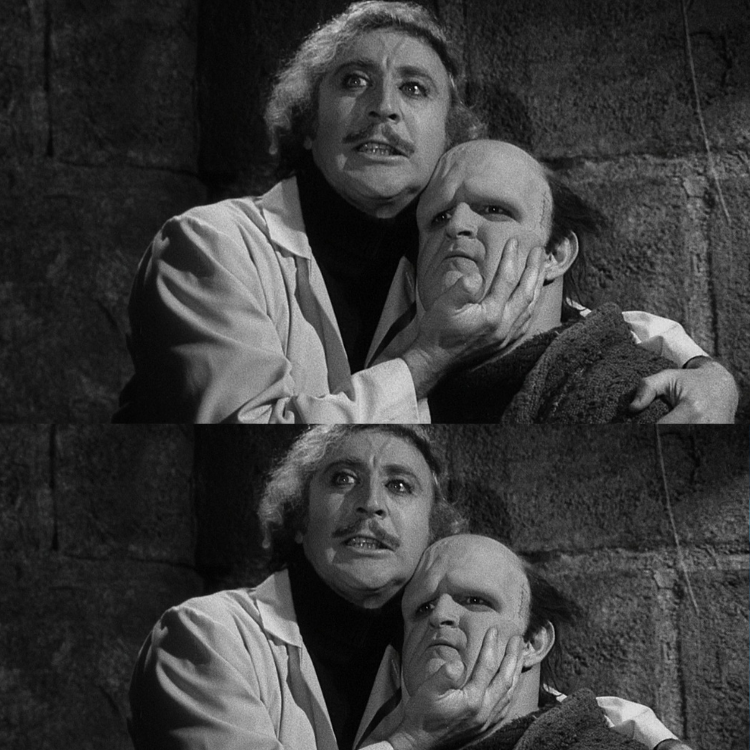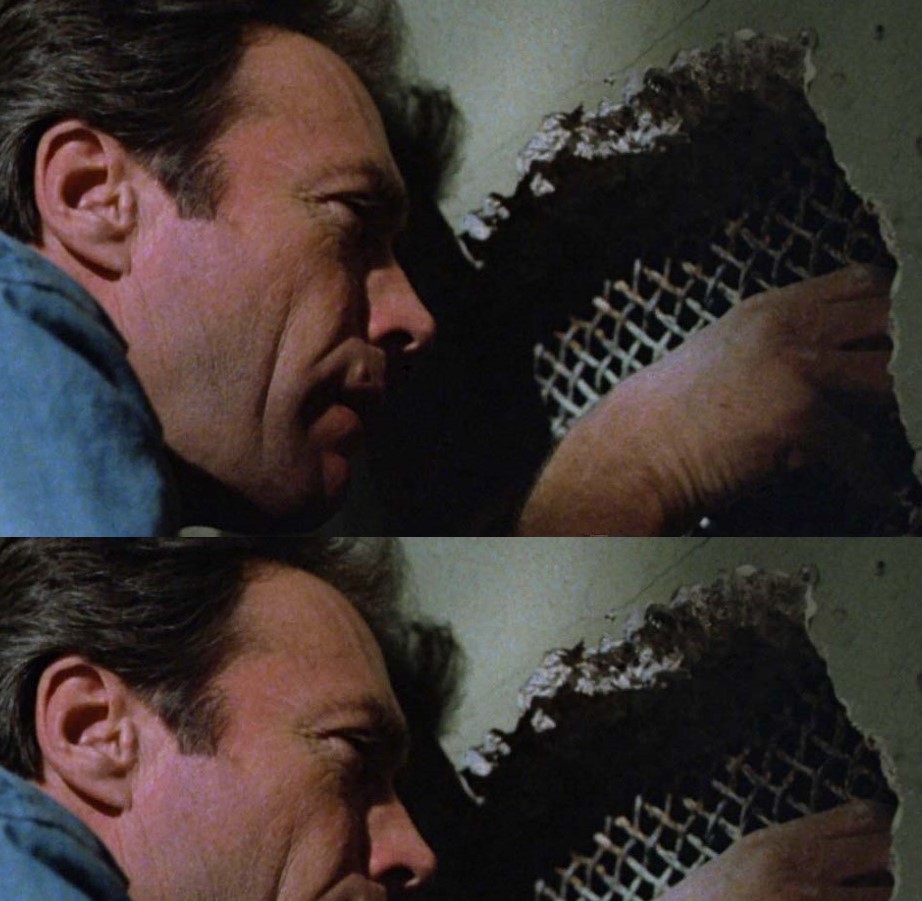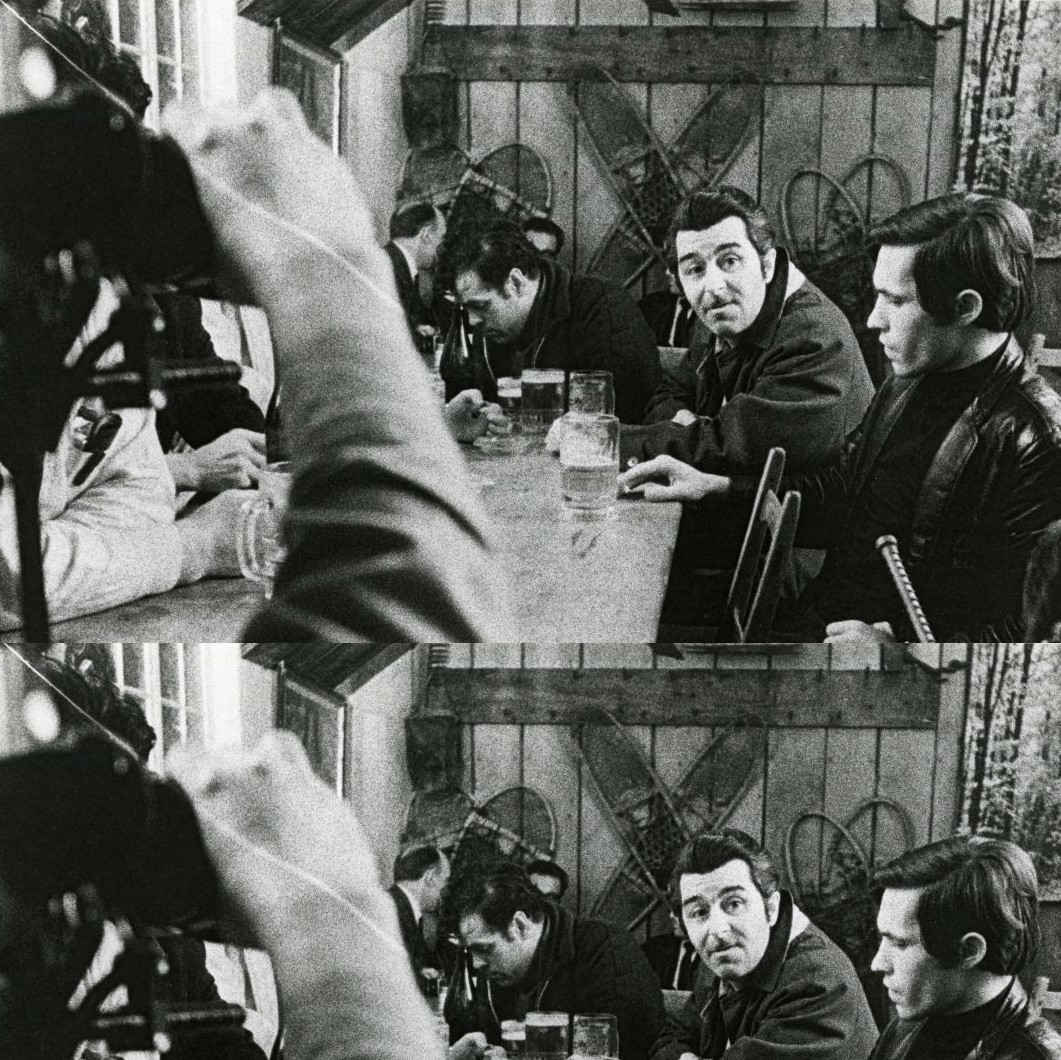Series: The Essentials
JULY 1 TO AUGUST 31 AT THE CINÉMATHÈQUE QUÉBÉCOISE
80 OF THE GREATEST FILMS OF ALL TIME – ON THE BIG SCREEN!
Montreal, Wednesday, June 15, 2022 – The Cinémathèque québécoise is screening the all-time classic films for this summer’s special series! From July 1 to August 31, audiences will have the chance to (re)watch some of the greatest films made between 1916 and 1960 on the big screen. This 80-film immersion in 20th century cinema starts with the dawn of the feature film (Nosferatu, The Cabinet of Dr. Caligari) and ends with the emergence of different cinematic new waves (The Bicycle Thief, Children of Paradise, Rashōmon) and the French New Wave (La pointe courte, À bout de souffle).
Cinephiles love making lists. The ritual returns each year: the ten best films, with comparative analysis, debates, heated discussions. “What about the ultimate list: the greatest films in the history of cinema? The must-see films, the ones that forever transformed not only the art of cinema but our way of seeing cultures, of understanding the world and our own lives? This program rises to the challenge with nearly 80 films, and we’d love to see your lists too,” said the Cinémathèque’s executive director, Marcel Jean.
The rich program includes pioneering works by David Wark Griffith, Intolerance (1916), and Buster Keaton, The General (1926). There are also timeless silent classics such as the horror movies The Cabinet of Dr. Caligari by Robert Wiene (1920), Nosferatu by Friedrich Wilhelm Murnau (1922) and The Phantom of the Opera by Rupert Julian (1925); the fantastical drama The Phantom Wagon by Victor Sjöström (1921), the historical drama The Battleship Potemkin by Sergei Eisenstein (1925) and the science fiction film Metropolis by Fritz Lang (1927).
Several indisputable masterpieces are included, for example Citizen Kane by Orson Welles (1941), widely considered to be the best film in cinema history; epic romantic dramas like Gone with the Wind by Victor Fleming (1939) and Casablanca by Michael Curtiz (1942); the quintessential Italian neorealist film The Bicycle Thief by Vittorio de Sica (1948); and key French New Wave films Les 400 coups by François Truffaut (1959) and À bout de souffle by Jean-Luc Godard (1960).
Naturally, great filmmakers like Charlie Chaplin, with City Lights (1931), Modern Times (1936) and Limelight (1952) and Alfred Hitchcock, with Rear Window (1954) and Vertigo (1958), are prominently featured in the program. Not to mention the prolific directors of Hollywood’s Golden Age: Howard Hawks, Scarface (1932), Bringing Up Baby (1938) and The Big Sleep (1946), and John Ford, Stagecoach (1939) and The Grapes of Wrath (1940), as well as French poetic-realist filmmakers René Clair, La beauté du diable (1950), Marcel Carné, Quai des brumes (1938) and Les enfants du paradis (1945), Jean Renoir, La règle du jeu (1939) and Jacques Becker, Montparnasse 19 (1958). One of the most influential Japanese directors of all time, Akira Kurosawa, will have two entries: Rashōmon (1950) and Ikiru (1952).
Women are well represented in the series with works by ten female directors: silent-film pioneer Lois Weber with Shoes (1916), Germaine Dulac with La souriante Madame Beudet (1923), Dorothy Arzner, the first Hollywood Golden Age woman director, with The Wild Party (1929), German filmmaker Lotte Reiniger with The Adventures of Prince Achmed (1926), considered the very first animated feature film, Maya Deren, a leading figure in American experimental film in the 1940s with the short film Meshes of the Afternoon (1943), Nicole Védrès with Paris 1900 (1948), a historical documentary about pre-war Paris, Ida Lupino, an avant-garde feminist artist who broke numerous cinematic taboos with The Bigamist (1953), Kinoyo Tanaka, the first Japanese woman to direct a film in the post-war period, with The Wandering Princess (1960), Agnès Varda, a multidisciplinary artist and lone woman director of the French New Wave with La pointe courte (1954), and Shirley Clarke, a leading American avant-garde filmmaker, with Skyscraper (1959). Johnny Guitar (1954), a feminist western by Nicholas Ray, will also be shown.
The Essentials
The cinema classics encounter, 1916-1960
July 1 to August 31, 2022
Cinémathèque québécoise
Tickets on sale now: cinematheque.qc.ca



